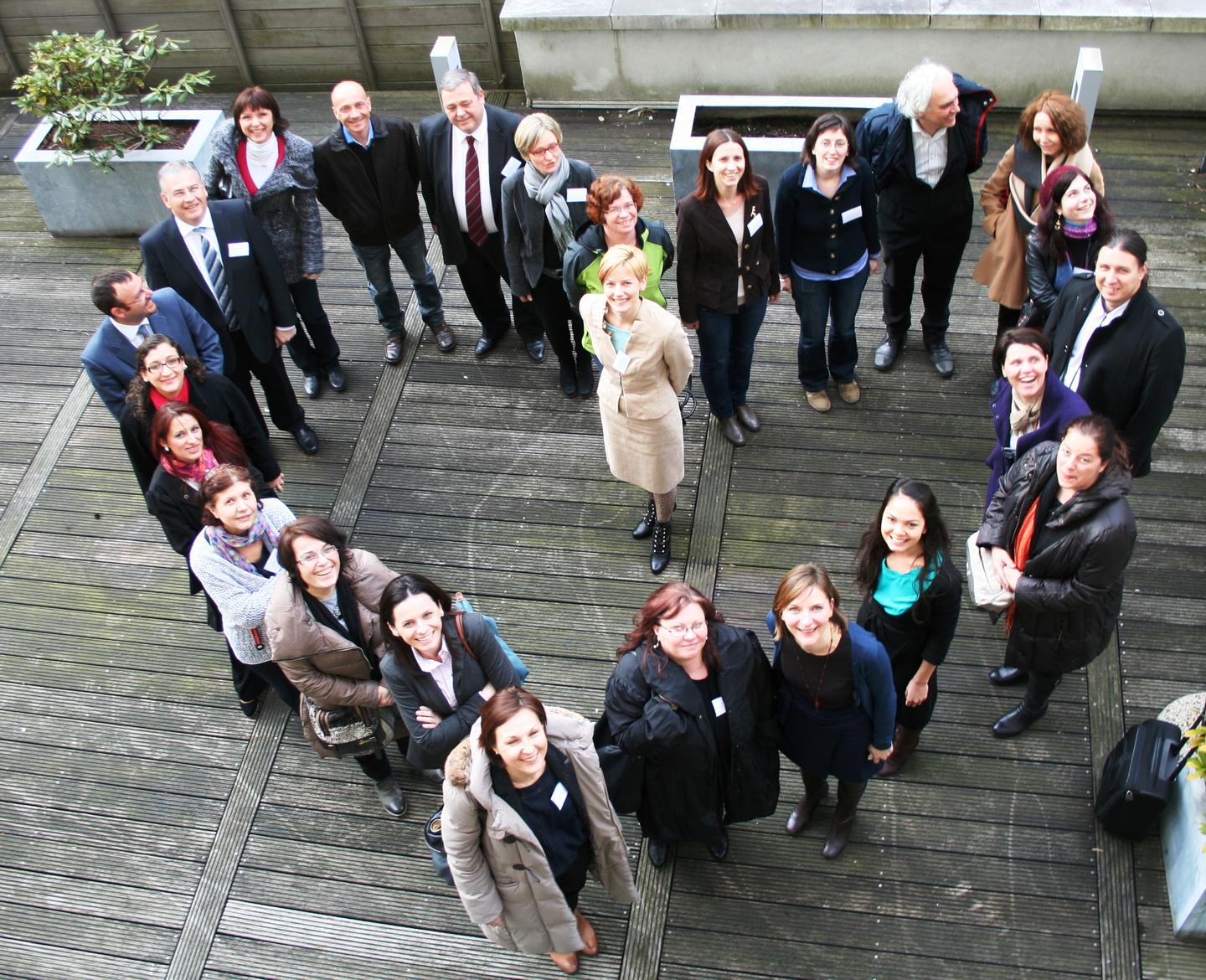The conference ‘The hate factor in political speech - Where do responsibilities lie?’ is organised by the Polish Ministry of Administration and Digitization and the Council of Europe, with the support of the EEA Grants and Norway Grants.
The ‘hate factor’ in political speech manifests itself in exclusionist, stigmatising, dehumanising words against a group of individuals. It raises questions about the exercise of freedom of expression in a democracy.
Opening by Council of Europe Secretary General
Secretary General of the Council of Europe, Thorbjørn Jagland and the Polish Minister of Administration and Digitzation, Michal Boni, will open the conference. This will be followed by a key note speech by Ambassador for the EEA and Norway Grants, Ingrid Schulerud.
Iceland, Liechtenstein and Norway are mobilising against hate speech in Europe. Through the EEA and Norway Grants they provide funding worth €147 million to NGOs in Central and Southern Europe and encourage activities promoting tolerance and non-discrimination. The EEA and Norway Grants are also a strategic partner to the Council of Europe’s No Hate Speech Movement.
Grey areas of political speech
The conference aims at shedding light on the grey areas of political speech by focusing on speech which contains hatred and warrants a political and societal response rather than speech which clearly merits a criminal justice response. The conference is built on three interlinked sessions which will focus respectively on legal, political and societal aspects of the ways to tackle hate factor in political speech.
Discussions regarding the existing legal frameworks, including the case-law of European Court of Human Rights, will touch upon the question of whether a legally binding definition of hate speech is possible or desirable.
The role of politicians to overcome party differences against the use of hate speech will be also considered. Other subjects addressed at the conference will be the role of civil society, including victims’ associations, and the media in combating hate speech and the challenges brought about by technological advances such as the Internet.
Find out more about the conference and the programme here.
